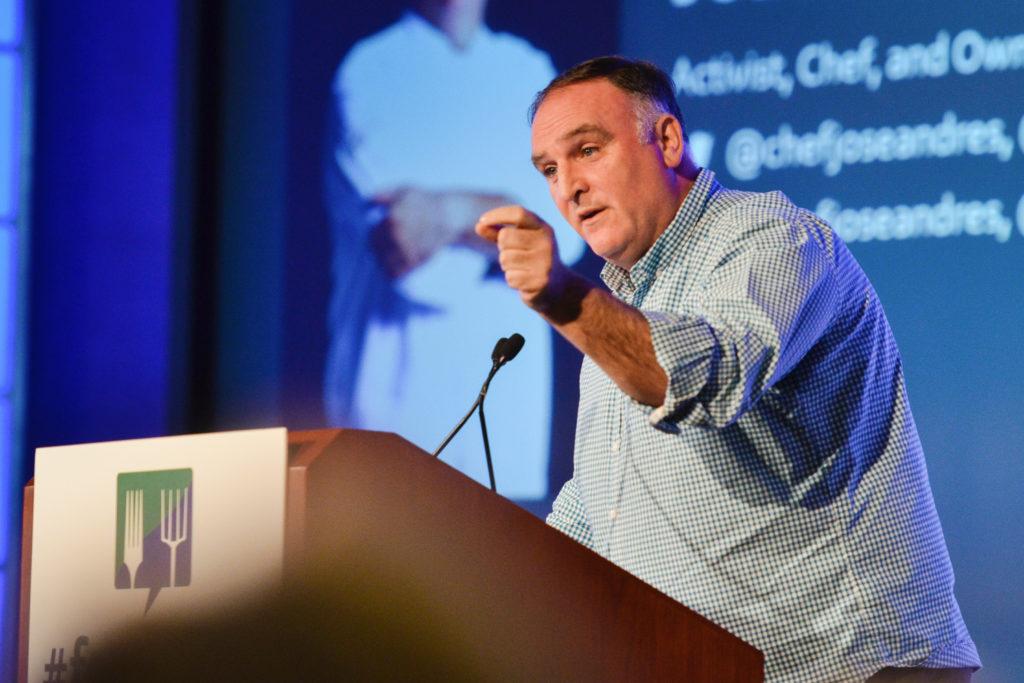A group of students that believe in raising awareness of global organ trafficking have set out to create a national non-profit organization committed to addressing this issue.
IGOT, the Initiative on Global Organ Trafficking, was formed in February by GW students Charles Channon, Geoffrey Cain, Kevin Weingold, and Joseph McCullagh. Though they aim to soon open an official GW chapter of IGOT, the group is actually a national non-profit organization. This summer they plan to send staff members to Cambodia to face the problem hands on.
“We found that really there are no groups working on these human rights violations, at least not in the way we’re pursuing them,” said Channon, a senior and president of IGOT. “The amount of good we could produce is just tremendous. It’s something we all care very deeply about.”
IGOT’s staff aims to spread the word about global organ trafficking, meaning the sale of body parts such as kidneys in a global black market. Typically, organs flow from impoverished areas of the world to first-world countries, where transplant organs are often in short supply.
Barbara Miller is a professor of anthropology and international affairs and acts as a mentor for the group.
“Organ trafficking mirrors and accentuates global and local inequalities in wealth and other entitlements,” she wrote in an e-mail.
She also said while people in developed countries may mass amounts of money for these organs, the people who provided the organs receive little or no pay and suffer from negative medical effects.
A reporter for The Hatchet and an IGOT activist, junior Geoffrey Cain selected Cambodia as his research destination as this is a major hotspot for this activity.
Cain, who is the director of research for IGOT, was one of 15 recipients of the 2007 Lewis Cotlow awards for student research through the department of anthropology. The award will allow him to research organ trafficking in Phnom Penh, Cambodia for three months this summer.
“This award of $1,800 will support summer field research in a suburb of Phnom Penh, Cambodia, with the objective of learning about people’s perceptions of trade in human organs and ‘transplant tourism,'” said Miller.
Two other student researchers will accompany Cain and work with a non-profit organization in Phnom Penh that sponsors children of extreme poverty in the area called A New Day Cambodia.
Together they will compile original research material in the name of IGOT which will help them create an Internet database of information on the subject. “The Cambodia trip is the best thing we’re working on right now. It is generating respect in the community. The information we’re going to garner is information nobody has right now. We’re the first people to go to Cambodia and research organ traffic there,” Channon said.
Cain and Channon hope to spur a grassroots movement across the country and abroad in order to build support for their developing organization. Channon said they have established 16 official IGOT staff members in D.C., Paris, Prague, Arizona and Illinois. The non-profit’s Facebook group has attracted more than 100 members at GW alone.
“Abuses to human rights stretch from China to South Carolina,” Channon said of the global organ trafficking issue. “There is a lot to be done home and abroad.”
IGOT is currently working toward official IRS and government recognition as a self-running non-profit organization. The group’s prospects for success are high.
“I’d love to see it becoming one of the world’s foremost organizations in human rights and medical anthropology,” Channon said. “We want to generation an awareness of the issue beyond the academic sphere.”






